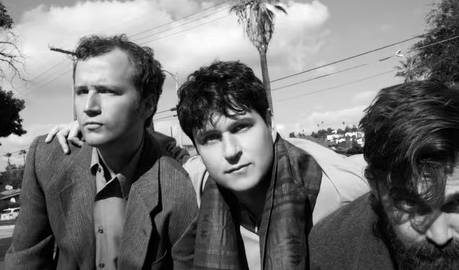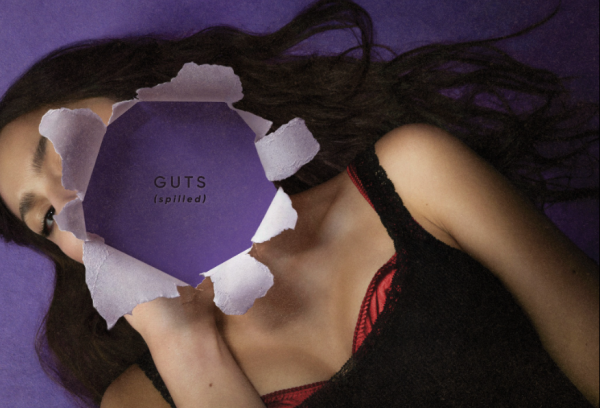Fighting off the winter blues, part 2
By David Schwartz, Ph.D.
Graham Counseling Center
Guest Columnist
Last week in this column the “winter blues” and Seasonal Affective Disorder were described. This week we are offering you some tips and suggestions for protecting yourself against the “winter blues” and SAD.
Doctors are unsure of the causes of SAD, but heredity, age, and your body’s chemistry all seem to be important factors. Many researchers believe that the reduced sunlight during the winter may disrupt our body’s natural processes. Here are some things you can do to protect yourself from developing the winter blues or SAD:
Exercise: Exercising not only keeps you physically healthy, but it gives you more energy throughout the day.
Get outside: Take a walk, even if it is only a short one.
Eat a healthy diet: Try to avoid eating too many carbohydrates or processed foods. These foods will often decrease your energy levels.
Get some sun: The amount of sunlight we get can have a direct effect on our moods.
Avoid using alcohol or Last week in this column the “winter blues” and Seasonal Affective Disorder were described. This week we are offering you some tips and suggestions for protecting yourself against the “winter blues” and SAD.
Doctors are unsure of the causes of SAD, but heredity, age, and your body’s chemistry all seem to be important factors. Many researchers believe that the reduced sunlight during the winter may disrupt our body’s natural processes. Here are some things you can do to protect yourself from developing the winter blues or SAD:
Exercise: Exercising not only keeps you physically healthy, but it gives you more energy throughout the day.
Get outside: Take a walk, even if it is only a short one.
Eat a healthy diet: Try to avoid eating too many carbohydrates or processed foods. These foods will often decrease your energy levels.
Get some sun: The amount of sunlight we get can have a direct effect on our moods.
Avoid using alcohol or binge drinking: Alcohol is a depressant and can negatively affect your mood.
Remember to relax and treat yourself well: Try to do something nice for yourself at least once a day.
Lean on friends and family: We all need our social support networks at times. These are the people that we can turn to when we are feeling down. Don’t be afraid to ask them for help.
Most people experience some days when they feel down. However, if you feel down for many days at a time and you find that life is often without much pleasure, see your doctor or a mental health professional. This is particularly important if you notice that your sleep patterns and appetite have changed, and certainly so if you think about suicide. There is help right here on campus at the Graham Counseling Center. Students receive the first six sessions for free and subsequent sessions for only a nominal fee. In addition, the Graham Counseling Center is offering a workshop on anxiety and depression on November 12, 12-1 p.m. in the Lake Michigan Room of the Oakland Center and November 13, 4-5 p.m. in the lounge at Hamlin Hall.binge drinking: Alcohol is a depressant and can negatively affect your mood.
Remember to relax and treat yourself well: Try to do something nice for yourself at least once a day.
Lean on friends and family: We all need our social support networks at times. These are the people that we can turn to when we are feeling down. Don’t be afraid to ask them for help.
Most people experience some days when they feel down. However, if you feel down for many days at a time and you find that life is often without much pleasure, see your doctor or a mental health professional. This is particularly important if you notice that your sleep patterns and appetite have changed, and certainly so if you think about suicide. There is help right here on campus at the Graham Counseling Center. Students receive the first six sessions for free and subsequent sessions for only a nominal fee. In addition, the Graham Counseling Center is offering a workshop on anxiety and depression on November 12, 12-1 p.m. in the Lake Michigan Room of the Oakland Center and November 13, 4-5 p.m. in the lounge at Hamlin Hall.











